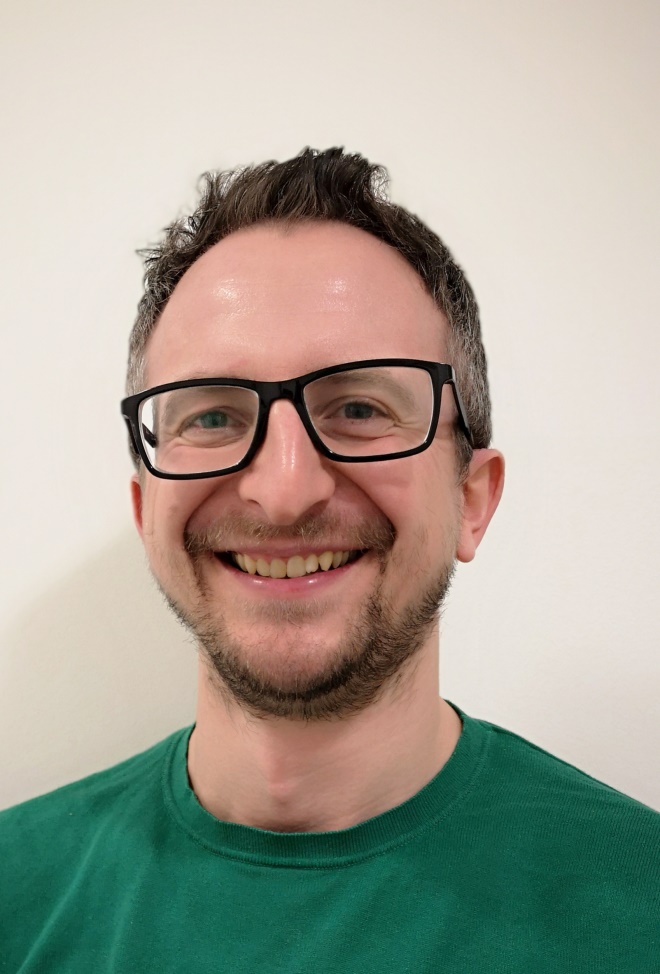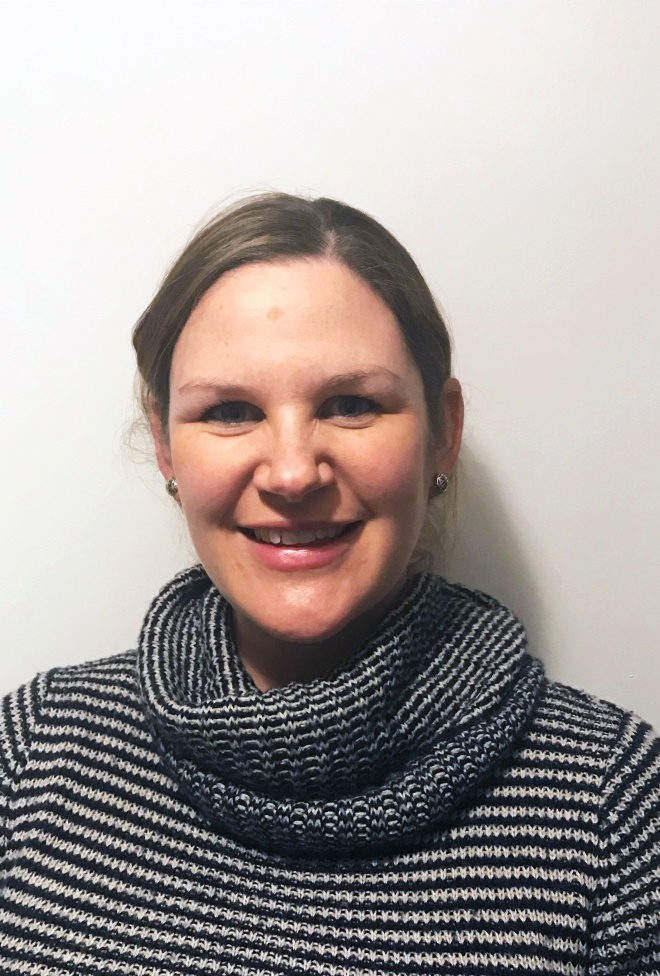
Shutterstock.com / JL
Sheffield Teaching Hospitals (STH) had previously run a series of short learning sessions aimed at Band 7 pharmacists to help develop their non-clinical skills, knowledge and experience.
Frances Clymer, a lead education and training pharmacist at STH, realised that there were some barriers to delivery, notably service pressures which would often result in poor attendance. Frances had started to develop the programme to ensure better attendance and create linked learning between sessions.
By grouping the sessions together, Frances realised that they reflected the six pillars of the RPS Advanced Pharmacy Framework (APF):
- Expert Professional Practice (EPP):
- Collaborative Working Relationships (CWW);
- Leadership (L);
- Management (M);
- Education, Training and Development (ET&D) and
- Research and Evaluation (R&E).
By using this framework to inform the programme learning outcomes and by increasing the variety of practice based assessments, the structured, evidence-based Advanced Practice Development Programme (APDP) was created.
The learners are initially allocated to individual modules based on aspirational interviews and departmental capacity, however the more junior Band 7s will start with the EPP and CWW modules in their first year. These modules are undertaken by experiential learning, supported by their reflective practice log, 360 degree appraisal and peer review rather than taught face-to-face sessions.
Learners allocated to each of the other four modules will attend taught sessions on topics relevant to each module. For example, project management, leading change, quality improvement, risk management, mentoring and coaching. Each session comprises of a presentation delivered by a local expert, such as a senior clinical pharmacist or a clinical services manager, and is followed by a workshop to encourage learner understanding and debate. Work-based opportunities in day-to-day practice will provide a practical application of this learning while ensuring that the competencies of the APF are being met. The learners will then rotate through each of the other modules annually supported by their line manager.
Frances received buy-in from the senior pharmacy team and Chris Cutts, HEE pharmacy dean for North, after pitching the new proposed plan to Amanda Plummer, the STH clinical service manager and part time HEE training programme director.
As part of my job at HEE North as a clinical leadership fellow, I was tasked with supporting the development of the APDP pilot programme at STH and it’s wider dissemination and adoption. I applied the academic theory of change leadership from my PGCert in Leadership to the APDP. Uptake and dissemination of the programme relied heavily on ensuring the pilot protocol is rigid and processes are continually reviewed. I worked with Frances to develop the following protocol for use at STH and across the North as part of the APDP:
- Completion of a self-assessment questionnaire which allows the learner to measure progress. Data is also pooled anonymously and depth of learning tracked;
- Wtih prior consent, learners are contacted by telephone approximately two months after each module to determine impact on practice;
- Learner evaluation of teaching sessions is undertaken to assess learner satisfaction and extent to which the session objectives were met.
We eagerly anticipate the results of the self-completion baseline questionnaire.
Most recently, I have developed a survey to help HEE North understand how similar organisations can develop their own in-house programmes and what support they might need. Using this information, the next step is to arrange visits and calls with important stakeholders, which include chief pharmacists, the RPS and CPPE.
This programme is an example of how an advanced practice programme can be developed using in-house expertise. We anticipate the results from our surveys will be able to demonstrate to workforce leads how home grown talent can be nurtured.
It also addresses the training gap between foundation years and advanced practice pharmacists, and takes advantage of existing resources, such as training through CPPE and NHS Leadership Academy, supporting post-foundation pharmacists to perform at more demanding levels within a fast paced healthcare landscape. This programme provides the required training to meet these demands and also creates a smooth transition to developing roles such as advanced clinical practitioner and GP pharmacists.
Wider adoption of this programme will help us develop a pharmacist workforce that is motivated, shows compassionate and inclusive leadership qualities, and can confidently display clinical expertise.
As of July 2019, the APDP is up and running at Sheffield Teaching Hospitals and learner feedback from the taught sessions has been positive so far. However, ongoing evaluation will help us adapt the programme and make the necessary changes for improvement.
The HEE North School of Pharmacy and Medicines Optimisation (SoPMO) is now sharing the programme with North-wide colleagues from other secondary care organisations and also with the community and general practice sectors with the aim of sharing learning across these boundaries.
About the authors:

Source: Mike Hodgins
Mike Hodgins is a pharmacist on secondment with HEE North as a clinical leadership fellow working on advanced practice for pharmacists while undertaking a PGCert in Leading Change in Healthcare.

Source: Frances Clymer
Frances Clymer is a pharmacist at Sheffield Teaching Hospitals working in a lead role within neonatology split with education and training.


